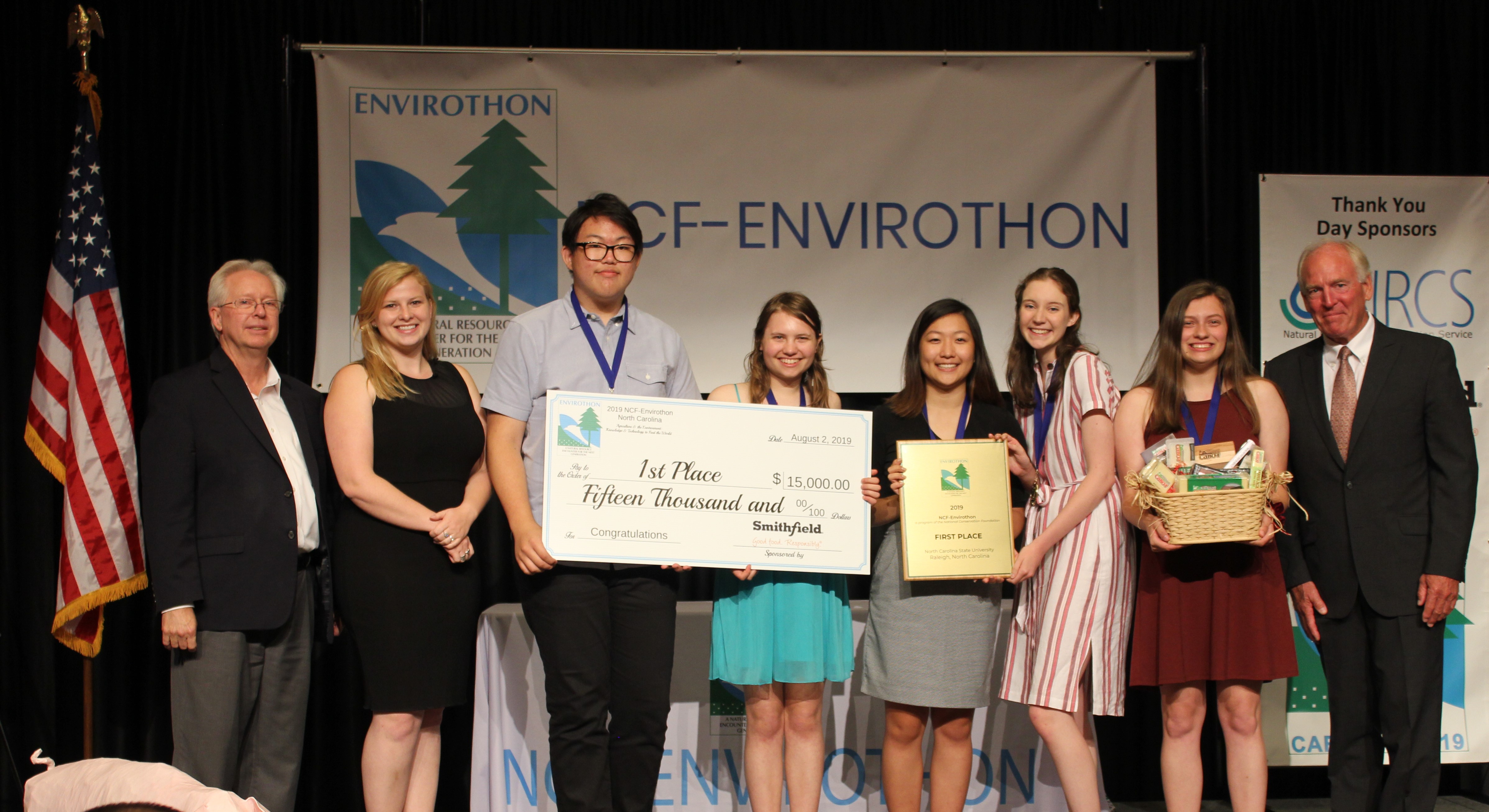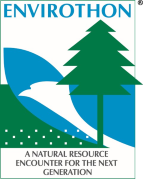A Global Challenge with Local Roots
Each year, over 25,000 high school students across the United States, Canada, China, and Singapore spend months studying, researching and learning about conservation, natural resources, environmental issues and more to prepare for a competition like no other! All with the goal of attending the NCF-Envirothon annual international competition.
The first placed team from each state, provincial and partner nation Envirothon competition is eligible to attend the NCF-Envirothon annual international competition, to compete against the top teams for thousands in scholarships and awards. Each arrives at the NCF-Envirothon competition as a result of extensive training and superior performance.
Drawing up to 500 students, volunteers and guests annually, the competition is hosted in a different U.S. state or Canadian province each year. The 6-day event will expose students to diverse environmental issues, ecosystems and topography. Teams may be immersed in the complex issues involving rangeland management in the western U.S. one year and then be studying the impacts of climate change on the Maritime coastal communities of eastern Canada the next. To help familiarize students with what may be a vastly different world from where they are from, each team receives extensive on-site training leading up to and during the competition to help familiarize themselves with the ecosystem.

